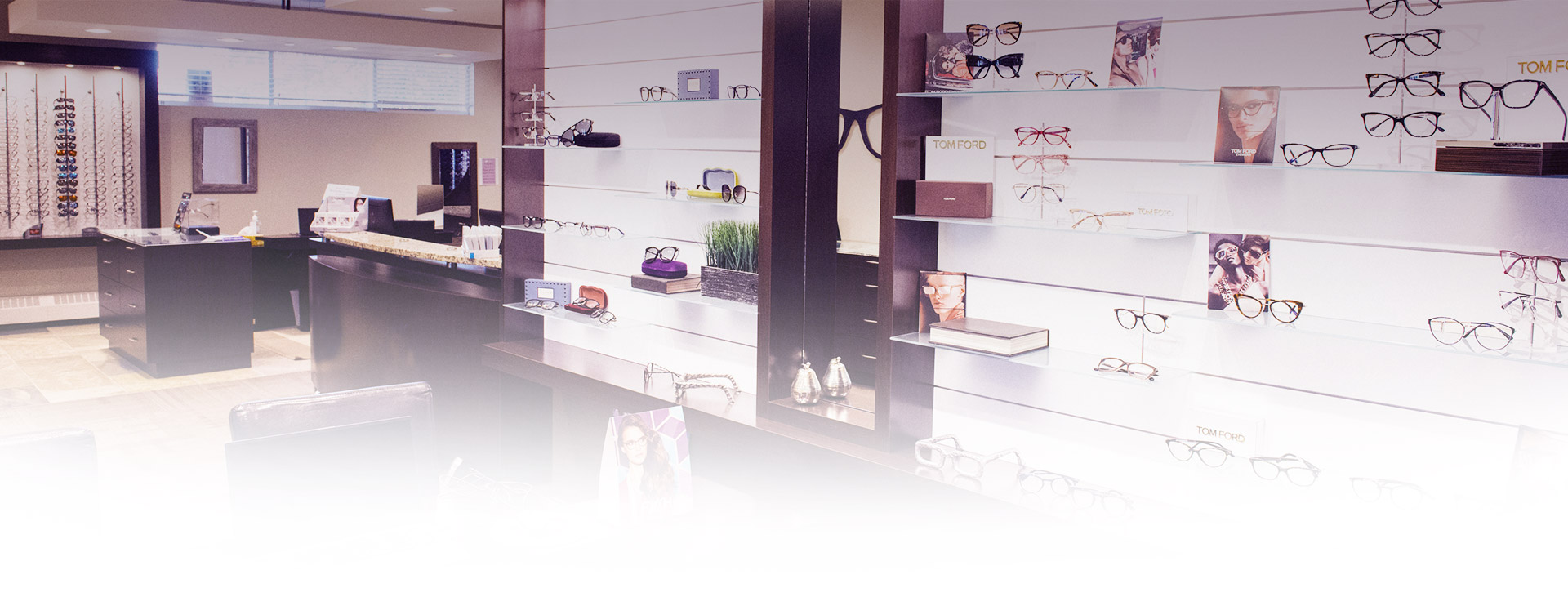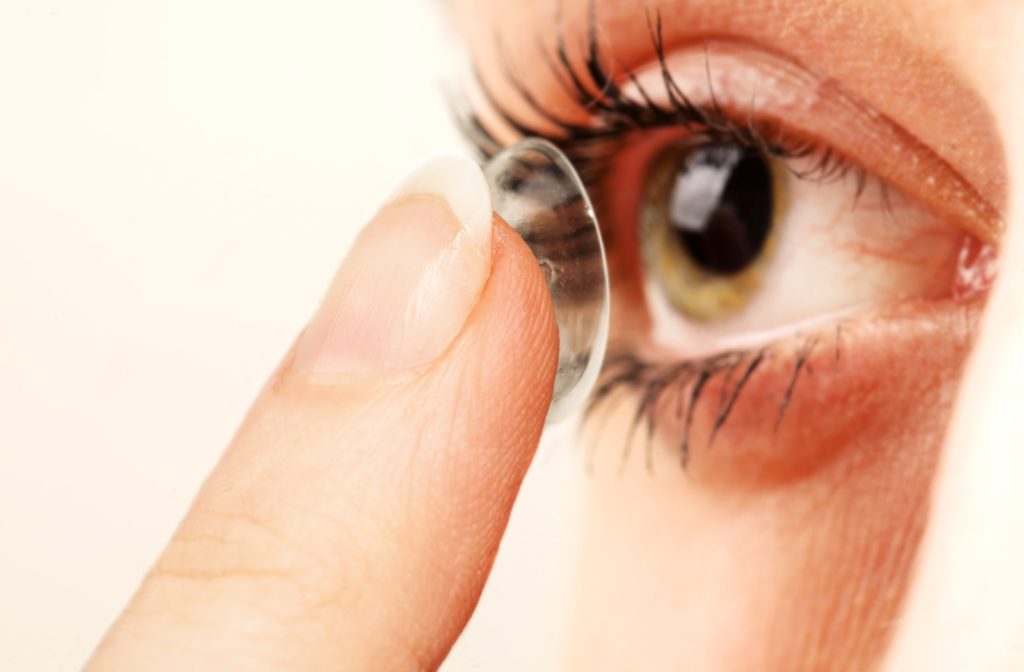Managing Contact Lens Care
Many people choose to wear contact lenses because of the convenience. And while wearing contacts can be simple, there are many steps to help your contacts function as intended. Regular eye exams, contact lens fittings, and daily contact lens care are essential to keep your contact lenses safe and comfortable.
Contact lens wearers also have to manage cleaning solutions, ensuring they have enough and that the solution hasn’t expired. Another date you should keep an eye on is your contact lens expiry date.
You’ve probably noticed the date on the packaging, but what happens after that date? Do contact lenses expire?
Contact Lens Types
There are 2 main contact lens types: rigid gas permeable (RGP) and soft.
RGP contacts are sometimes referred to as hard contacts. Although it’s made from a rigid plastic material, hard contacts are technically not hard contacts. Hard contact lenses were made from PMMA (acrylic glass) which didn’t allow oxygen to pass through. RGP contacts are more flexible, improving oxygen flow but retaining the same sharper vision.
Soft contact lenses are much more flexible than RGP contacts. They’re made from water-absorbing plastic that can fit closely against the eye. Soft lenses are the most commonly worn, as they are easier to adjust to and stay better during intense activity, such as sports.
Both types have advantages and disadvantages. There are also hybrid options that can combine some benefits of RGP and soft contacts.
Soft vs. RGP Expiration
RGP contacts typically don’t require an expiration date because they’re shipped dry. However, soft contacts require a sealed container with non-preserved buffered saline (salt water) and a wetting agent to hydrate the lens.
Past the expiration date, the manufacturer doesn’t guarantee the condition of the container or the product inside. The packaging may be more vulnerable to malfunction after expiration. For example, the saline solution or wetting agent may be ineffective, or the lenses may have dried out. But a dry lens isn’t the most significant risk of an expiration date.
How Do Soft Contacts Expire?
When you think of a product expiring, you probably think of grocery items. But contact lenses aren’t like fruit or week-old leftovers. Expired soft lenses haven’t gone bad, and they won’t rot away. However, they can be exposed to contamination.
The expiration date is less about the contact lenses and more about the seal. Soft contact lenses are packaged in airtight containers with a sealed foil cover. Over time, the seal can weaken or become compromised, creating an opening.
You might be tempted to use expired lenses after thoroughly disinfecting them using your cleaning solution. Unfortunately, there are still risks even after cleaning. The manufacturer sets an expiration date to determine how long contact lenses are safe to use. In addition to potential contamination, there may also be damage.
Never use expired contact lenses. Even if the seal seems intact, there may be damage you can’t see. Instead, wear your backup eyeglasses and call your optometrist to order new contacts.

Why Do Prescriptions Expire?
Although RGP contact lenses don’t expire, your prescription can. Optical prescriptions, whether eyeglasses or contacts, typically expire within 2 years.
Your eyeglasses or RGP contacts may seem fine to the naked eye. But even if you’re careful with your eyeglasses or contacts, they can still experience wear over time. Fine cracks or lens defects can develop, weakening the effectiveness of your corrective lenses.
It’s also possible your prescription needs have changed. Your visual ability may be the same, but your eye health can complicate your vision. For example, you may benefit from a different type of contact lens, a filter on your glasses, or treatment to improve how your vision functions.
Talk to your eye care team if you ever notice a flaw in your RGP contacts or eyeglasses. They can assess if you need fresh corrective lenses or an updated prescription.
Risks After Expiration
There are 2 main risks of an expired contact lens: contamination or lens damage. These problems can lead to multiple risks if the lenses are worn, including:
- Allergic reactions
- Dry eyes
- Eye inflammation
- Eye infections
- Hazy vision
How to Find the Expiration Date
When you receive your contact lenses, the packaging includes product details, ingredients, manufacturing, and the expiration date. There are 2 spots where you can find this information: the packaging box and the blister pack.
Expiry dates are typically written in year-month format (YYYY-MM) but can also be written as month-year. So, for example, it may be noted: 2025-01 or January 2025.
Remember to check the expiry date of your contact lens cleaning solution. An expired cleaning solution may not disinfect your lenses. Also, discard your contact lens case every 3 months to prevent the risk of infection.
Keep Your Contacts Up-to-Date
Keeping your contact lenses up-to-date protects your eyes and vision. Don’t risk your eye health by using expired contacts! Instead, schedule regular eye exams and talk to our eye care team if you have questions about caring for your contacts.
At Visionary Eye Centre, we can assess your vision needs and help support your eye care. We can advise you about contact lens products, including cleaning solutions. We want your contact learning experience to be convenient and comfortable.
Request an appointment at Visionary Eye Centre today!



